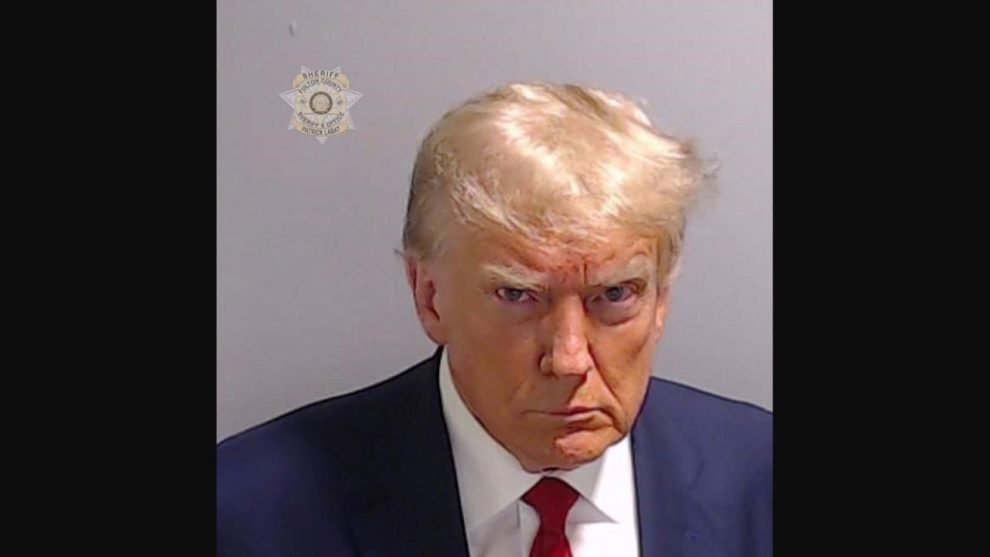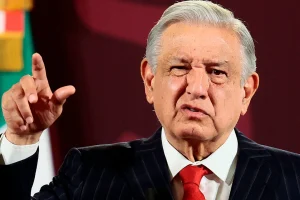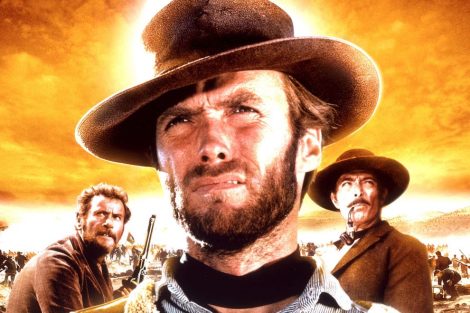The RICO Act is a kind of recognition of the power and efficiency of the criminal mafias that operate within the United States. Equivalent in other criminal systems to “criminal association” and/or to laws against organized crime, it may be the last legal resort to stop Donald Trump.
Approved more than half a century ago, the Racketeer Influenced and Corrupt Organizations Act (RICO) was a kind of emergency measure, by Congress in 1970, which allowed the police authorities to obtain notable results in combating and dismantling the old Italian mafias. of New York and Chicago, motorcycle gangs in California and other criminal groups in the southern states.
In 2023, the Georgia version of such law may serve as a bailout against the risk that Mr. Trump ends up dragging his country –and therefore a good part of the world– towards an autocratic model of government openly at the service of the oligarchies.
In more ways than one, the anti-Mafia law functions as an anomaly of a democratic system designed around the idea of freedom as a supreme value of individuals. Along with the antitrust laws, both laws are two necessary exceptions to what we might well call capitalist ideology.
The recent accusation against the former president –before the mountain of evidence of his attempt to falsify the 2020 electoral results– constitutes the main political challenge for the charismatic character who once managed to achieve power through legal means (as its obvious reference in last century Germany).
Already prosecuted for his crazy nerve when he tried to buy the silence of a pornographic actress who could exhibit him as he is before the world, also for stealing classified documents from the White House and for having instigated the assault on Congress on January 6, 2021, Trump has proclaimed to the four winds his absolute innocence.
After a professional life of scandals, insults, and a very careful construction of his own image as that of some kind of giant of the world of money, a kind of caricature of the mega-achiever of wild capitalism, now he finds himself reduced to the leading role of a melodrama in which he is the ultimate victim.
True, within his most loyal supporters, those whom both Hillary Clinton and John McCain called the “crazies” — that coalition of anti-immigrants, racists, neo-Nazis, and a very important segment of the white evangelical social base — Trump has managed to maintain his popularity. In fact, he remains the clear favorite to win the Republican Party’s presidential nomination.
We must not forget that when polarization dominates, common sense and moderation are not considered virtues. In these villainous times, radicalism and outbursts are usually the most popular options.
However, regardless of the final verdict of the trial that he faces for his alleged status as a “mafiosi”, he will be able to mark him forever. Not only does his popularity continue to decline among Democrats and independents, but his image to the rest of the world today has him at the level of a handful of rather disreputable characters; Vladimir Putin, among them (not to mention the Gotti, Capone, Genovese, Gambino, Colombo, or Salerno).
Which places the illustrious gentleman in the colored toupee before the schizophrenic challenge of playing, on the same stage, at the same time, the double role of tyrant and victim.











